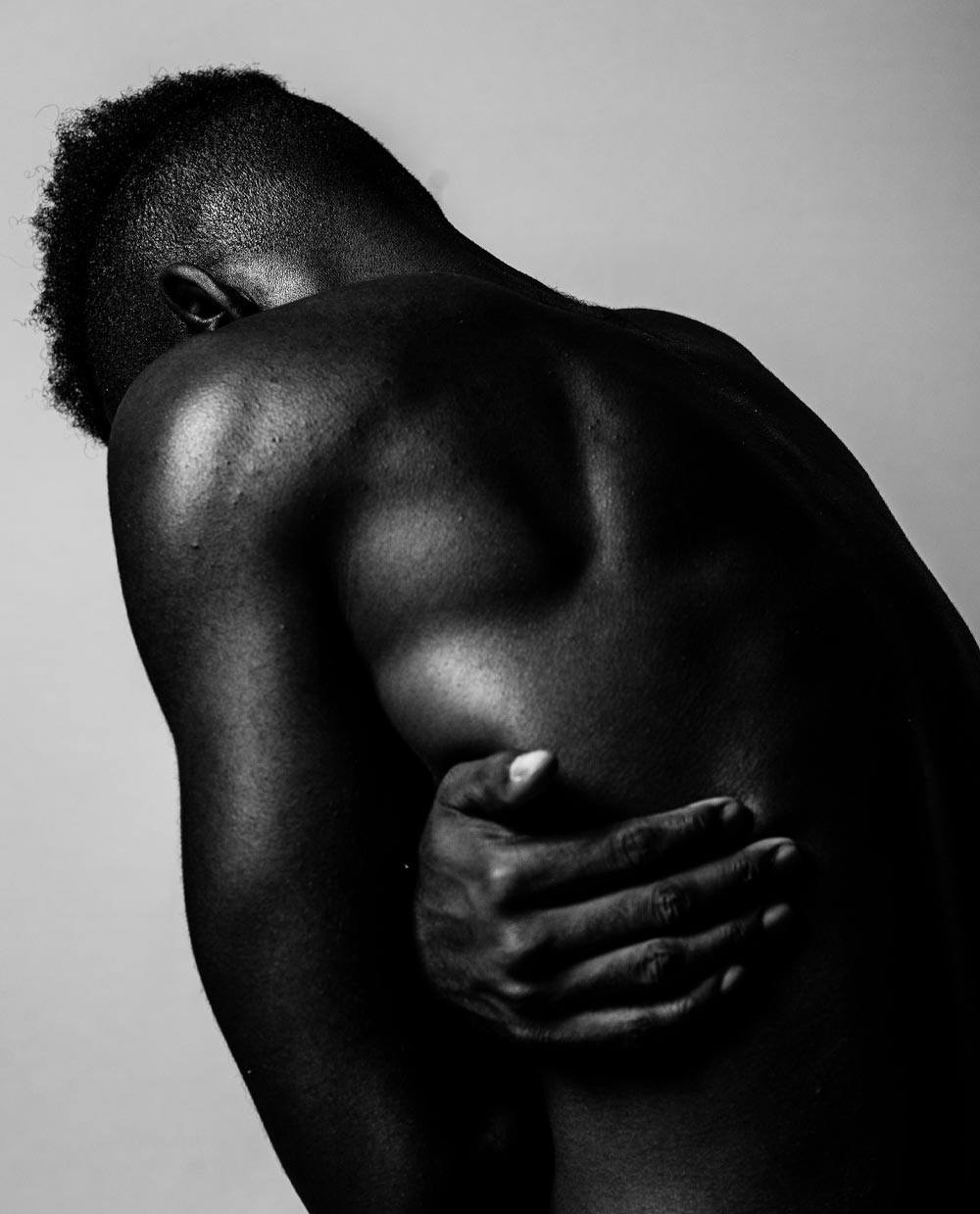Body Image Issues Amongst Men

Photo by Sam Burriss on Unsplash
Does what you look like match what you think you look like?
Technically, your appearance is a very concrete and objective definition of what you look like, while your body image is more about how you feel about your body.
People with negative body image tend to have a distorted or skewed idea of their appearance and it has very little to do with what they actually look like.
Why does it happen? Mainly when the way we talk to ourselves about our bodies isn’t in an affirmative sense but in a way that we are lacking something.
Having insecurities about your body is not a gendered issue. We all have them. The demands, focus and expectations however, can be specific to your identity.
While we all know a man that’s been told what makes him man enough, we’re still not really talking about it.
“There is a hyperfocus on the body of just women through the media, storytelling and even how we generally communicate; Women don’t talk about men’s bodies and men don’t talk about their own bodies, it’s just not up for discussion. The only time we do mention a man’s body is if he has six pack abs,” says Pooja Deshpande, clinical mental health counselor with experience in trauma and eating disorders.
Men are not necessarily even aware of the term and how it applies to them..According to Deshpande, “A lot of men don’t know that what they are interpreting is what we call body image, because what they experience is very different from what women systemically have to go through.”
Recognising the problem though, is just step one, communicating the issue is a whole other battle. “Even if men do face issues with their physical body and know it, culturally, they don’t seek the help, as it isn’t approved masculine behaviour, ” Deshpande adds.
So what are some of the many appearance based expectations imposed on men?
A review published by psychologists Gyanesh Tiwari and Sanjay Kumar titled “Psychology and Body Image,” published in Shodh Prerak, states that most men desire muscle mass and size. There is a general consensus amongst men of a perceived ideal body type, and issues arise around this social construct.
Kaivan Fatakia, a Karate coach and fitness trainer says, “Appearing physically strong and built with muscles is what a lot of men want to achieve through their fitness journey, beyond that, I don’t think they want to learn what their bodies can do.”
And the pressure starts pretty young–
“Growing up, I believed that boys are meant to focus on their careers and not really on the way they look, we were made fun of even if it was to share our dissatisfaction towards our bodies, “ says 19 year old Raoul Ovalekar. “When I was much younger and wanted to try out for sports teams I wasn’t even considered because I was a fat kid. It was only after I proved myself, with the body that I had, that I was taken seriously. This was the beginning of many insecurities and I started to obsess over achieving the more appropriate body type of a sportsman,” he adds.
The effects of this can influence not just a man’s mental health, but also on the decisions he makes with regards to achieving these unrealistic ideals. “Steroids and carb burners are way more acceptable socially amongst men, as compared to a healthier approach of a prescribed diet and a good workout. I believe that true physical strength lies in one’s flexibility and overall health and I really do wish men would start seeking that as an important part of their fitness, as compared to focusing on training that only makes them look good, fast,” adds Fatakia.
In certain cases, the race of reaching body ideals can lead to more serious issues.
According to Tiwari and Kumar, “Eating disorders, body dysmorphic disorders, unhealthy weight control behaviours and risky sexual practices may be associated with negative body image.” A quick search on Mayo Clinic will tell you that body dysmorphic disorder is a mental health disorder in which you can’t stop thinking about one or more perceived defects or flaws in your appearance — a flaw that appears minor or can’t be seen by others. Eating disorders are more likely looked at as female issues, but there are so many men who suffer from it. At the moment, the way we treat men and their body image concerns includes a horrendous cycle that’s honestly outdated and has the potential to be quite dangerous.
So what can we do to change that, starting today? Creating a safe space for anyone to talk about their bodies should be done at every level, including social settings, educational environments and even work places. If a male friend reveals their insecurities, be open to listening instead of dismissing or making fun of them.
Lets hype up everyone for what they are, no matter what they look like.
Let’s normalise men celebrating themselves, communicating and asking for help.
Every human has the right to share what they are going through, and in case you need to hear it…having body image issues doesn’t make you any less of a man.

Fantastic read!
Love love love!
This is so true!!!! Amazing read!
Going to send this to so many of my friends 🙏